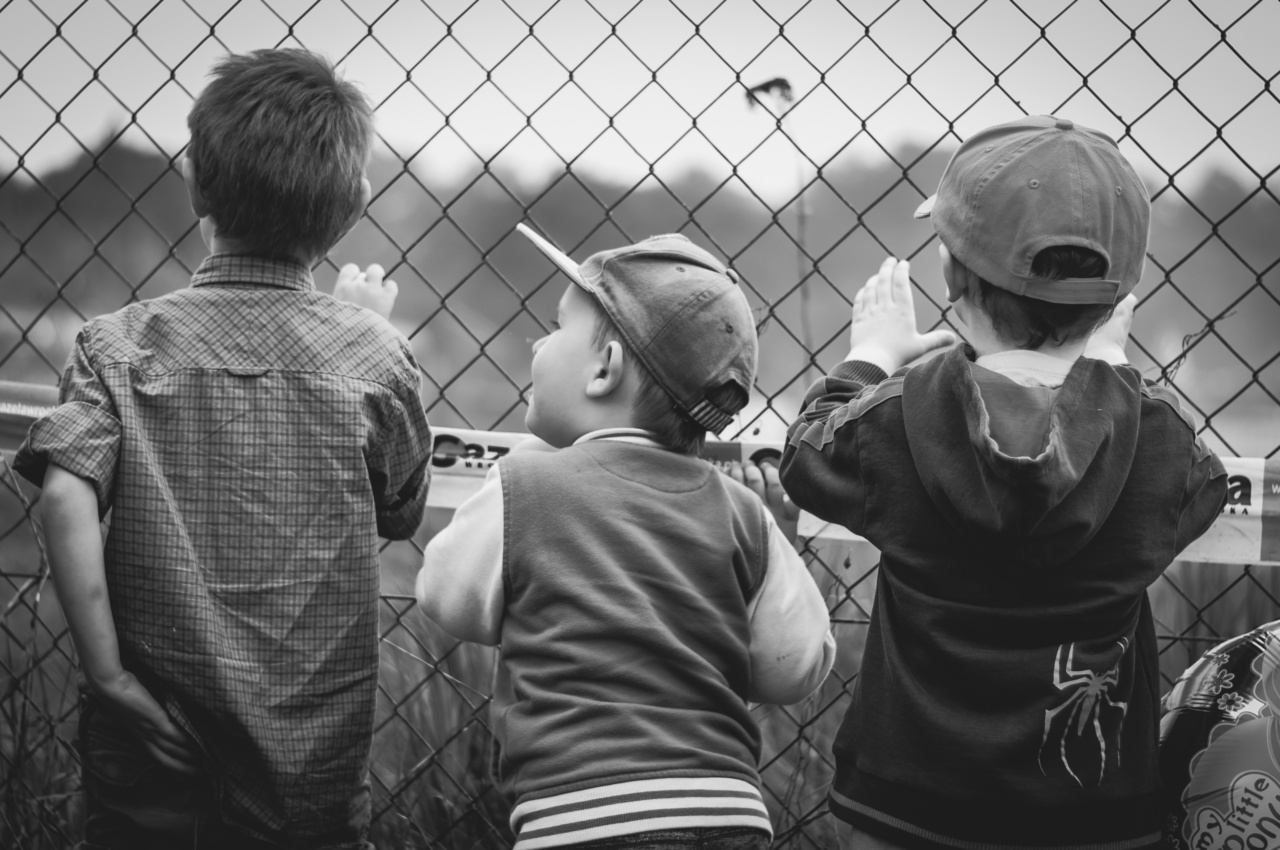Autism Spectrum Disorder (ASD) is a developmental disorder that affects a child’s behavior, communication, and social skills. ASD is a complex disorder, and its symptoms can vary from child to child.
However, there are some early signs of autism in children that parents can observe. In this article, we will discuss the early signs of autism in children to watch out for.
Delayed Speech and Language Development
One of the early signs of autism in children is a delay in speech and language development. Most children start speaking their first words by the age of one.
However, in children with autism, their language development is slower, and they may not start speaking until the age of two or three. They may also have trouble communicating their needs and feelings.
Difficulty in Social Interaction
Children with autism have trouble interacting with others. They may seem uninterested in other people and avoid eye contact. They may also fail to respond to their name and prefer to play alone instead of engaging with other children.
Repetitive Behaviors
Repetitive behaviors are another early sign of autism in children. They may repeatedly flap their hands, rock back and forth, or spin around in circles. They may also have obsessive interests and engage in repetitive play activities.
Unusual Sensory Perception
Children with autism may have significant differences in the way they perceive sensory information. They may have hyper or hypo-reactivity to sensory stimuli, such as sounds, lights, and textures.
They may also be sensitive to touch and avoid certain textures, such as specific fabrics, or refuse to wear clothing with tags.
Lack of Imagination
Children with autism have difficulty with imaginative play. They may have a limited imagination, play with objects in a repetitive manner, or have trouble role-playing.
They may also have trouble understanding abstract concepts, such as humor, sarcasm, or metaphorical language.
Delayed Motor Development
Delayed motor development is another early sign of autism in children. Children with autism may have difficulty with gross and fine motor skills. They may take longer to learn to walk, climb stairs, or ride a bike.
They may also have trouble with coordinated movements, such as catching a ball or holding a pencil.
Difficulty with Change
Children with autism may have difficulty with change. They may have a preference for routine and become upset when changes occur in their environment. They may also show resistance to change, such as a change in their daily routine or environment.
Aggressive Behavior
Children with autism may display aggressive behavior, such as biting, hitting, or kicking. They may also have tantrums or meltdowns, which can be triggered by changes in routine or sensory overload.
Unusual Eating Habits
Unusual eating habits are another early sign of autism in children. Children with autism may have a restricted diet and refuse to eat certain foods due to their texture, smell, or taste.
They may also have difficulty with mealtime routines, such as sitting at the table or using utensils.
Preoccupation with Specific Objects
Children with autism may become preoccupied with specific objects, such as a toy or a piece of string. They may become upset if their preoccupation is taken away from them or if they are interrupted while playing with it.































